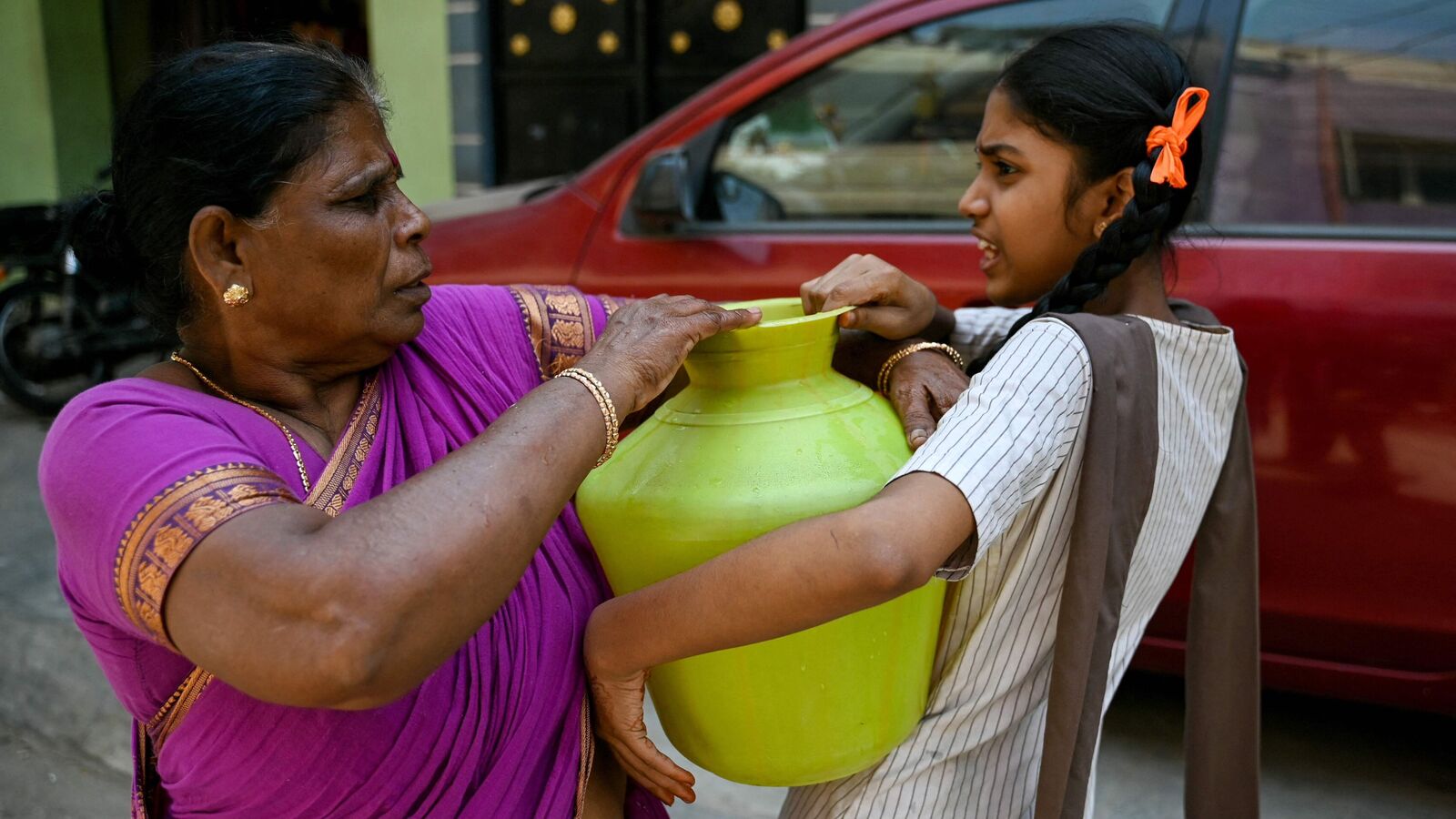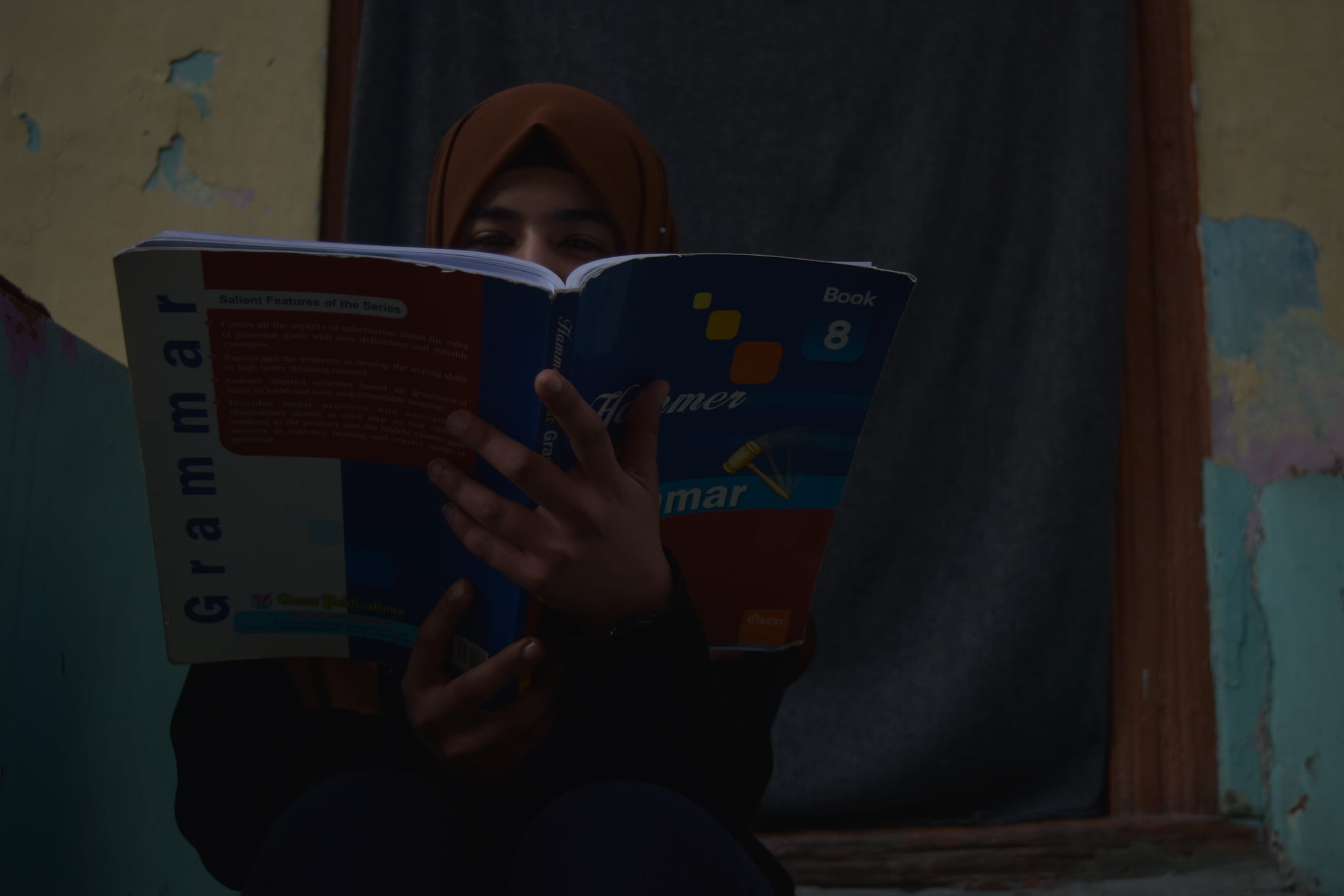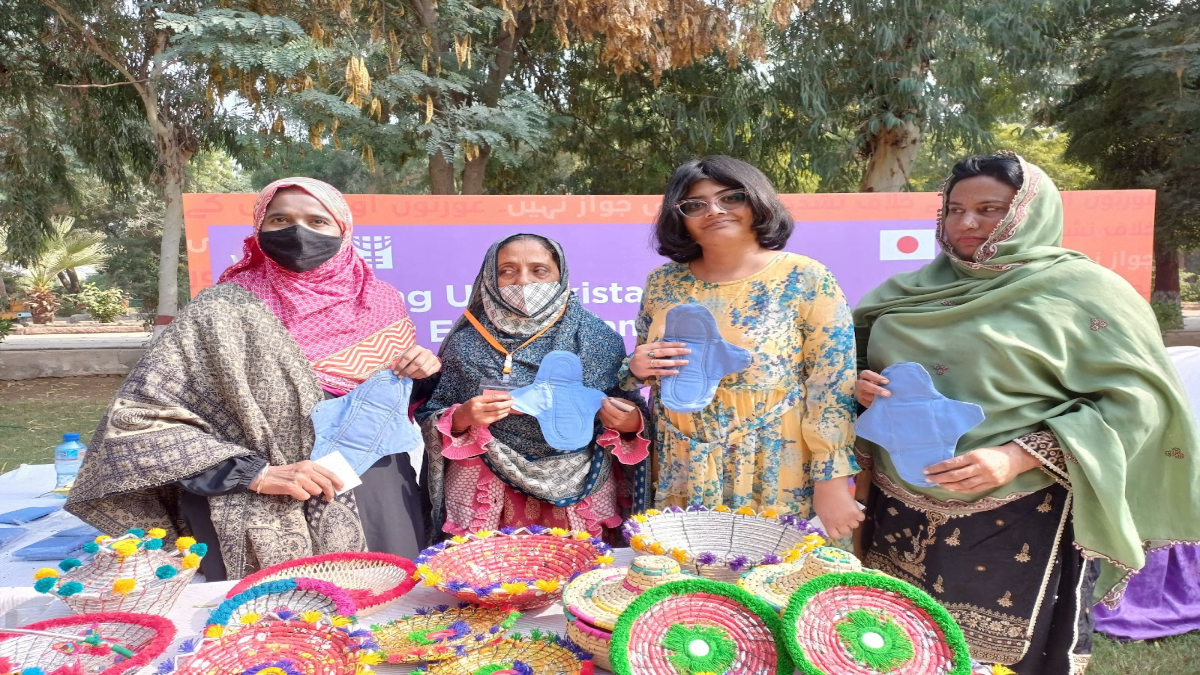There was a time when I was asked, “What is there to do in this field? What is the scope?” I had answers but could not explain being surprised to see the ignorance people have. There is a lot for a menstrual researcher to do. The research questions and enquiry decides the method to approach a problem or phenomenon. These are developed from the gaps identified from secondary literature or based on prior experience. Other than quantitative methods, use of various qualitative methods like phenomenology, grounded theory, case study, ethnography and historical methods can bring in different perspectives in understanding social patterns and processes with respect to menstruation.
Before proceeding ahead it is also important to understand what a multidisciplinary approach means. It allows us to study any social issue by synthesising the knowledge from different disciplines.
Can menstruation and related issues be studied with a multidisciplinary perspective? The answer is yes. We are well aware of the fact that menstruation is a biological phenomenon but menstruation related social issues, to a large extent, originate from societal structure, practices, beliefs and other social processes.
Also read: How Can Mainstream Media Use Inclusive Language To Cover Menstruation Sensitively
We are well aware of the fact that menstruation is a biological phenomenon but menstruation related social issues, to a large extent, originate from societal structure, practices, beliefs and other social processes.
Menstrual activism cannot be understood completely by studying the history of its evolution in isolation. Looking at it, understanding body politics and gender can bring in more input. In Chris Bobel’s book ‘The Managed Body’, she explains that menstruation as a separate topic was completely ignored and was not recognised until the 1980s as the focus was mostly on gaining reproductive rights. Later, menstrual activism was attracted by the wake of consumerism and industrialisation in the west. Then started the influence of the west in bringing solutions to biological issues related to menstruation, which can be still observed.
One such example is the recommendation to use disposable pads and contraceptive pills as solutions for biological issues related to menstruation. This largely stemmed from the lack of awareness and a predominant negligence in understanding anatomies. Another problem was how ultimately, the sexual and reproductive rights and health was an ‘industry’ wherein men continued to populate the leadership fronts. Being male-dominated, these fields failed to even try to understand the reason behind menstrual irregularities before prescribing contraceptive pills.
Lara Bridan, a woman’s health speaker and naturopathic doctor, brings the attention to the biological, sociological and psychological interactions that lead to menstrual discomforts for menstruators, in her book Period Repair Manual. While reading this book one can find the importance of combining learning from different fields.
It took us several years to realise out that patriarchy has medicalised the menstrual related problems of menstruators. The domination of males in the medical world has led to a misinterpretation of menstrual discomfort due to their limited understanding. Hence, one can find the description of menstruation as a pathological condition in the nineteenth century as mentioned in the book, “The woman in the body: A cultural analysis of reproduction” by Emily Martin. This brings to light the role of our education system in building a base for this kind of attitude.
Our education system is such that we are yet to be introduced to classes on comprehensive sex education. What more can we expect when there is already a reluctance to initiate a discourse on menstruation knowing the fact that menarche has historically been linked to child marriage. In addition to it, there is mixed evidence on school absenteeism and school drop out ratio of adolescent girls due to menstruation. This brings us to the development sector wherein development indicators like health and education can play an important role in solving issues like discrimination, school drop outs, school absenteeism, inaccessibility of health institutions which can in turn impact the menstrual health of an individual. Though, menstruation as a field is not considered important enough in governmental policies on health, hygiene etc. to be focused upon, it cannot be dismissed that regular menstrual cycles indicate a healthy body. If the body or the mind has been affected adversely, the impact will be evidently seen in the menstrual cycle. In short, our mental, emotional, physical and social health has a connection with our overall well-being which is very much connected to the menstrual cycle.
The social issues related to menstruation cannot be understood within the context of medical technology alone when it also has strong gendered practices associated with it. For example, isolation of menstruating girls and women in a separate hut can bring in various discomforts at emotional and physical level. In Nepal, these kinds of practices are called, ‘Chaupadi Pratha’ which is legally not allowed to practice anymore. In-depth studies should be conducted into how in some cultural practices, girls are considered more apt for household work than studies when they hit puberty as menstruation is linked with fertility. Ethnographic studies can enrich the understanding of the pattern existing in society.
The book by Geertz, ‘Interpretation of Culture’, describes the role of ethnographers as of paramount importance to understand the interpretation of symbols and its expression in guiding actions with respect to menstruation. A description of menstrual cultural practices and beliefs highlights the human thoughts and actions which are a result of various symbols and words. These kinds of studies can also reflect and explain the relation between caste and menstruation vividly.
Another field of study that menstrual researchers work in on is that of menstrual hygiene. There is a role of consumerism and the government policies in influencing menstrual product usage. On one hand there are market tactics to sell disposable menstrual pads in the name of hygiene. Further, we see the government primarily focused on promoting disposable menstrual pads forgetting the fact that pads are not the only solution for menstruation related issues when the topic is still a taboo and practically linked to water, sanitation and hygiene. So the focus ideally should be multi-pronged which includes access to clean water, proper toilets, etc.
The choice of menstrual products also have an impact on the menstrual health of a menstruator. Hence, menstruation related medical issues cannot be restricted to understanding the biological aspect only. Similarly, discourses cannot be understood with one perspective but is a product of socialisation and societal structure.
Likewise, another field of study menstrual researchers delve into is laws and policies related to menstruation. For example, there are debates in favour of period leave and in against it. Here, it is important to understand that merely inculcating learning from the field of policy and law will not be enough if they are also not looked at from a gender lens. Another such policy is introducing tax on menstrual products and slating them as luxury items.
Also read: The Biological Is Political: Menstruation, Maternity & Women’s Employment
It is important to understand that merely inculcating learning from the field of policy and law into the research on menstruation will not be enough if they are also not looked at from a gender lens.
Isn’t it important to understand these policies at micro, macro and meso level? For that, learning from different disciplines will guide us to understand the problems holistically.
By opening oneself up to the prospects of learning from other disciplines, a menstrual researcher’s understanding of the problem from varied perspectives deepen. Therefore, the solution lies exactly there: to not limit our research to one or two approaches, especially given how menstruation is not an isolated process but has heavy socio-political context to it.
Sabna E S is a Ph.D. research scholar from National Institute of Advanced Studies, Bangalore working on menstrual health and hygiene. She pursued her M.Phil from Delhi School of Social Work and is the co-founder of an independent body, Project Sakhi Saheli started in February, 2019 which aims to build a period positive society. The independent body is run by a group of students in Delhi School of Social Work. She has done intensive field work on menstrual related issues and has been a Youth Ki Awaaz Action Network Fellow in designing online campaigns on Sexual and Reproductive Health. She has also worked for Voice for Girls in organising 10 days camp for rural adolescent girls on sex education in Banda, Uttar Pradesh. She can be found on Instagram and you can check out Project Sakhi Saheli here.
Featured image source: TheWire





Very nice ji